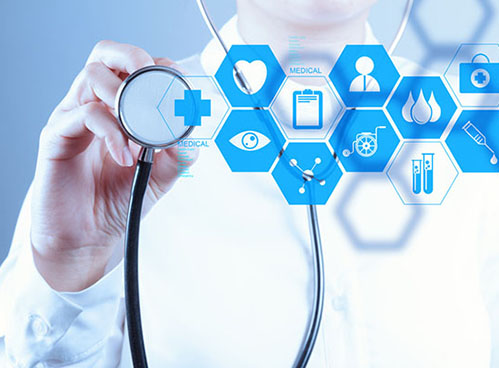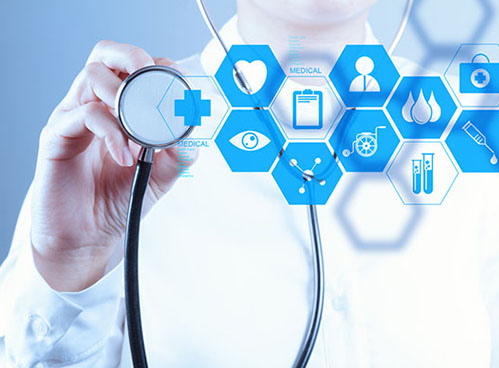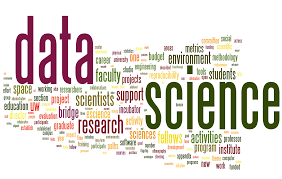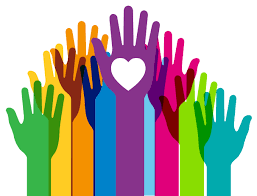The healthcare field has greatly benefited from advances in data analytics and informatics over the last few years. In general, patients will continue to be more connected to their doctors and support networks via wearable technology, and they will also have increased access to information related to their health and the specific treatments available to them: from prescriptions to office procedures to recommended diet and exercise routines. Moreover, because doctors will have the ability to access patients and their information remotely, care will become more immediately accessible and available.
Not only does healthcare informatics allow for electronic health records to be streamlined and available across departments and between hospitals, clinics, and healthcare providers, but information about billing, insurance, and healthcare expenses is also connected and electronically available. Moreover, patients are educated via various mediums: mobile applications, email, and conventional mail, as well. Because each patient’s data is stored in one place, it becomes easier to compile the results of research and analysis of related healthcare costs, trends, or threats in a way that facilitates utilization of valuable information.
For both patients and healthcare providers, health informatics help streamline all relevant data and research into one place. Electronic health records provide greater access to documentation, increasing the connection between patients and doctors, as well as enhanced decision support and the most compatible prescriptions. Informatics also help educate patients about their current health profiles: for example, young Type 1 diabetes patients reported that an electronic log of their glucose levels and insulin use is more fun and preferable to use in the future than a paper log. Electronic systems not only allow for direct access to health records; they also keep patients informed and involved.
The way of the future in healthcare is shifting, due to current advancements in technology becoming increasingly integrated into consumer lifestyles. The large amount of data being recorded and collected demands integration into healthcare information systems, with its integrity verified and its content securely stored. Four technologies shaping the future of healthcare information systems include transaction and reporting systems, wearable technology, integrated data streams, and automated alerts. The integration of data with patient-related activities may help prevent a number of health-related problems.
For example, let’s say a patient has three different doctor’s appointments in one week and decides to wait until the end of the week to have her local pharmacy fill all the prescriptions in one visit. Ideally, all three doctor’s offices share information electronically with the pharmacy so that the patient’s information—including possible allergies and potentially problematic drug interaction—are all visible and prominent in the pharmacy’s computer information system. The pharmacist may notice that two of the prescriptions scheduled to be filled don’t go well together. They can then consult the doctor, who can suggest alternative prescriptions.
There are a number of different types of wearable technology out there, already. Two examples include heart monitors and Fitbits. The information collected by a Fitbit, for example, is extremely valuable, but it’s also potentially revealing and personal. While information about sleep patterns is fairly innocuous, data about frequency or location of intercourse may be something you’d prefer to keep to yourself. Uploading information to a cloud-based location further complicates matters. However, data that charts the progression of patient health and behavior over time would allow for more accurate diagnoses and may eventually enable doctors to visit with patients remotely.
* * *
As the field of informatics advances over the next few years, we will likely see greater cohesion between information systems and tracking ability that will further develop patient’s’ ability to consult with medical professionals remotely. Have you had any experiences in utilizing health informatics? Share your thoughts in the comments below!

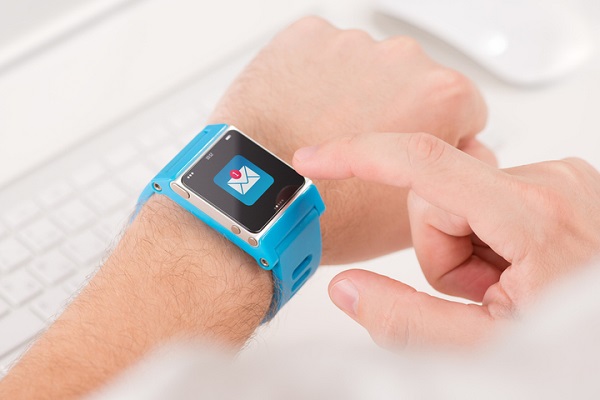


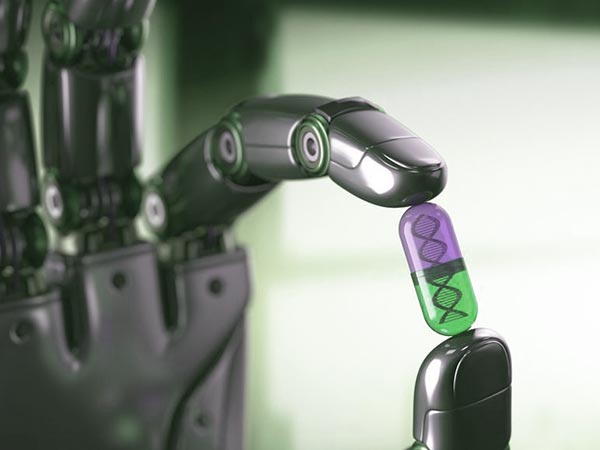
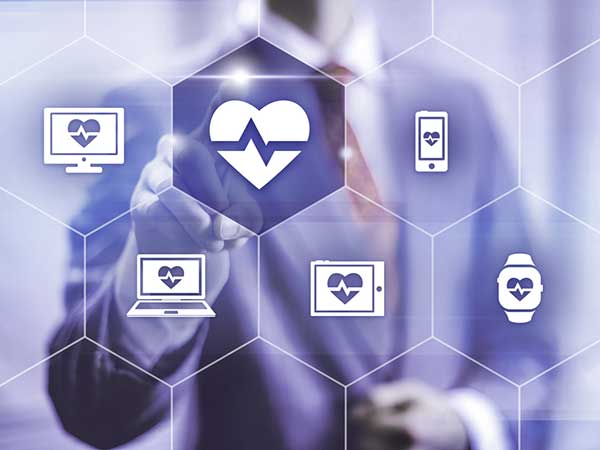
![Big data and Parkinson’s disease – Causes, symptoms and treatments [Infographic]](https://crayondata.ai/wp-content/uploads/2022/05/infographic-1-2.jpg)
